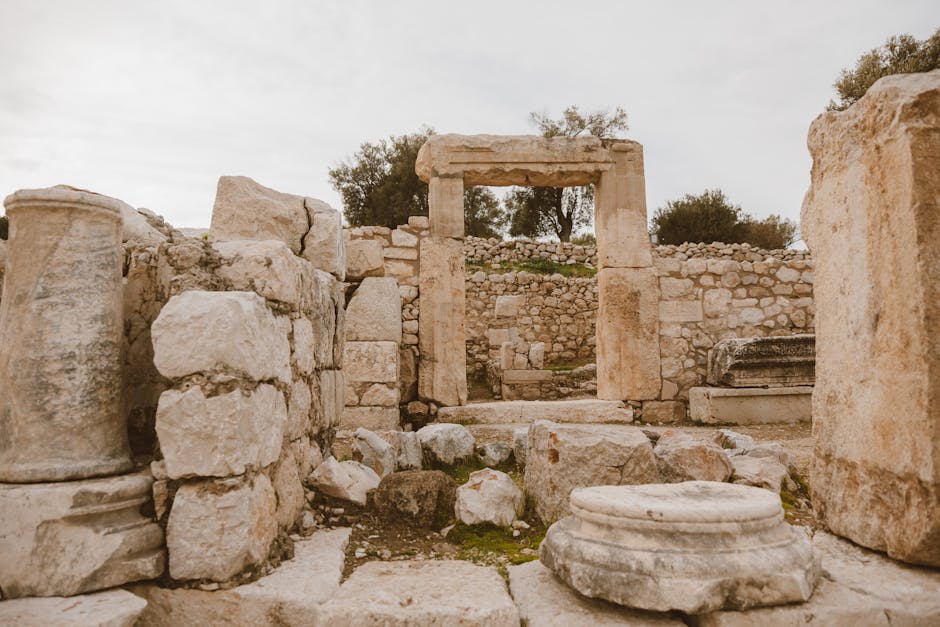The period of exploration, often christened the Age of Discovery, was a pivotal epoch in world history. From the intrepid voyages of Columbus to the circumnavigations of Magellan, a complex interplay of factors fueled the desire for venturing into the unknown. Uncovering these motivations reveals not just the human drive to expand but also the social, economic, and intellectual currents shaping the era.
A crucial initial impetus was the quest for economic advantage. The desire for spices, silks, and other exotic goods from the East ignited a fervent commercial appetite in Europe. Established trade routes were often controlled by intermediaries, driving a need to find alternative, direct pathways to these lucrative resources. This pursuit wasn’t solely driven by individual merchants; monarchs and powerful guilds recognized the potential wealth accumulation stemming from accessing these markets. The possibility of establishing lucrative trade monopolies, bypassing middlemen, and enriching the nation-state underpinned many expeditions. Portugal, for instance, aggressively sought control over maritime routes to the Indies, a strategy evident in their voyages down the African coast. The potential returns were substantial enough to justify the considerable risks involved.
Beyond economic gains, the allure of prestige and power was another potent motivation. European rulers and explorers sought to enhance their standing on the international stage. The establishment of new territories and trading posts was a powerful statement of national strength and influence. Demonstrating dominion over new lands, particularly in a religiously charged atmosphere, solidified a ruler’s claim to authority and legitimacy. This ambition extended beyond simply acquiring land. Conquest and colonization were instrumental in bolstering the prestige and resources of European powers. The narratives surrounding these voyages often intertwined nationalistic pride with a sense of righteous expansion, a theme that echoed throughout the period.
A deeply intertwined element, though sometimes overlooked, was the pursuit of knowledge and scientific advancements. Navigational techniques, cartography, and an understanding of geography were all significantly advanced during this period. The desire to map the world’s uncharted territories, chart new courses, and gather information about previously unknown cultures fuelled exploratory efforts. Observing new flora, fauna, and people provided valuable data for scientific advancements and challenged prevailing European views of the world. Voyages served as scientific expeditions, contributing significantly to geographical and biological knowledge. This quest for understanding the world around them was intrinsically linked to the practical needs of navigation and trade.
Religious zeal also played a pivotal role in driving exploration. The desire to spread Christianity and convert indigenous populations was a significant motivation, particularly amongst Spanish and Portuguese explorers. The missionary aspect wasn’t simply a byproduct; it was frequently intertwined with political ambitions. Missionary activities often accompanied expeditions, with the prospect of spiritual conquests often reinforcing the drive to discover and conquer new lands. The ‘Great Commission’ to spread the Gospel fuelled a sense of obligation and divine mandate, providing a potent ideological justification for exploration.
Furthermore, the pursuit of adventure and glory often acted as a compelling motivator. The lure of the unknown, the excitement of exploring uncharted territories, and the potential for personal gain drove many individuals to embark on voyages. The tales of earlier explorers, embellished and circulated through popular accounts, fanned the flames of ambition. Explorers often sought personal recognition and acclaim for their accomplishments, a desire that mirrored the competitive spirit of the era. The inherent thrill of discovery and the potential for personal glory were powerful forces driving individuals to put themselves on the line.
Nevertheless, it’s crucial to acknowledge the less savoury facets of this era’s explorations. The exploitation and subjugation of indigenous populations, the introduction of diseases, and the establishment of exploitative trade systems were direct consequences of the motivations outlined above. The pursuit of economic gain and prestige often led to profound human cost, highlighting the ethical complexities inherent in these explorations. The clash of cultures and the imbalances created by the intrusion of European powers were undeniably destructive. The motivations for exploration, therefore, need to be analysed through a critical lens, acknowledging both the positive advancements and the negative consequences that arose from this period.
In conclusion, understanding the motivations behind exploration is far from a simple exercise. The complex interplay of economic gain, prestige, religious zeal, scientific curiosity, and the sheer human desire for adventure shaped the course of history. While exploration brought about significant advancements in geography, navigation, and scientific knowledge, it also resulted in profound injustices and imbalances. Examining these intertwined forces reveals a multifaceted picture of a historical period profoundly influential on the world we inhabit today. It underscores the necessity of considering the motivations behind historical events in their totality, recognizing both the laudable and the reprehensible within the human drive for discovery.
